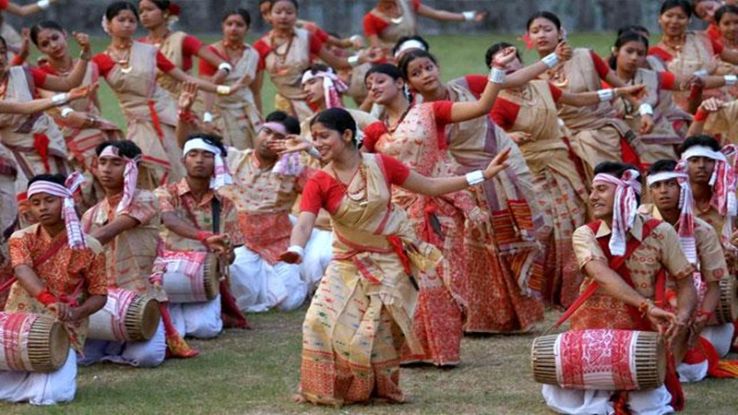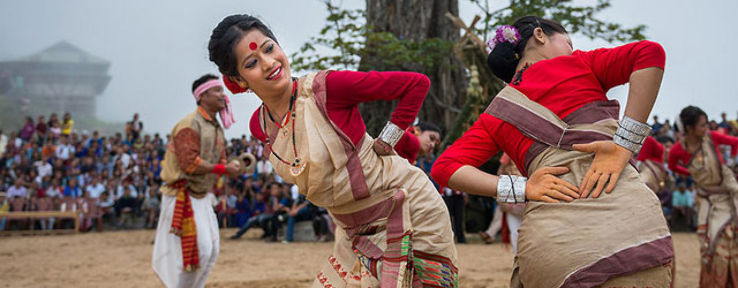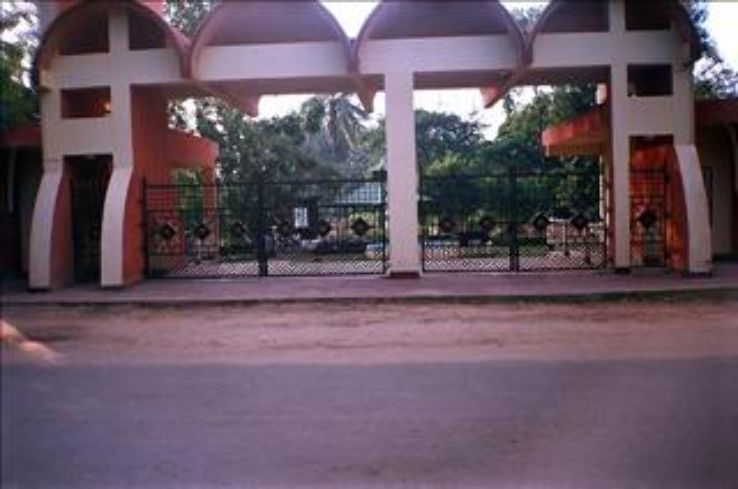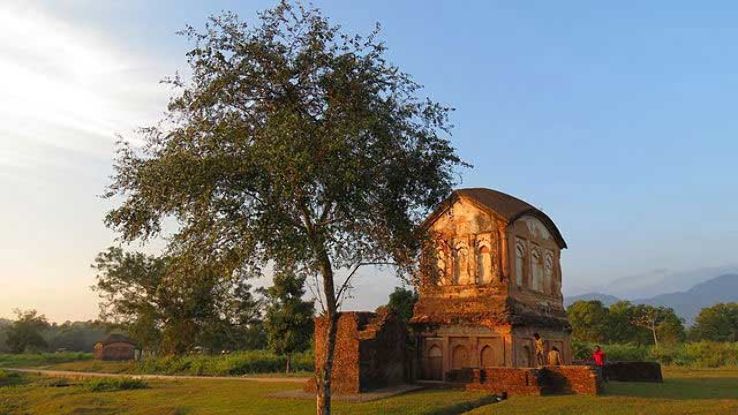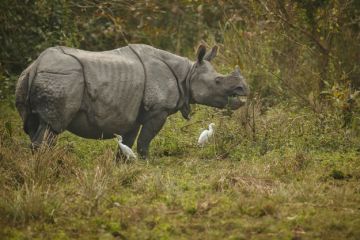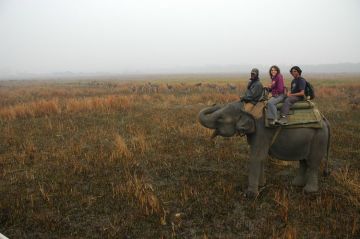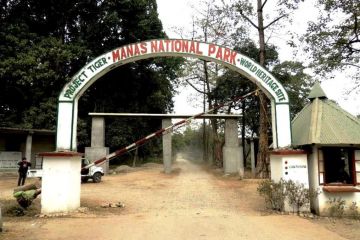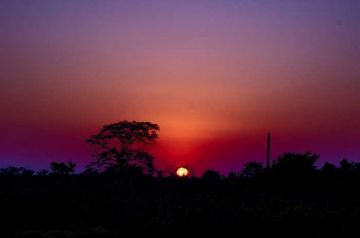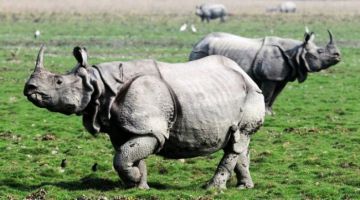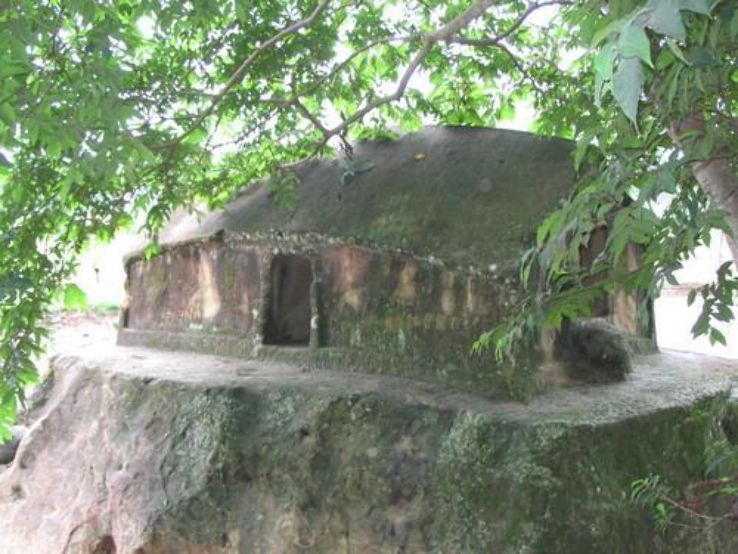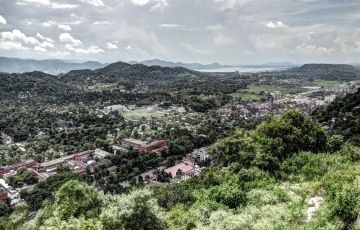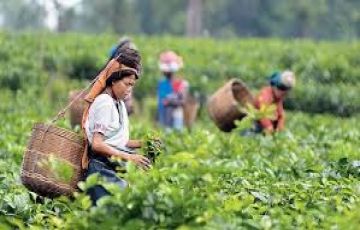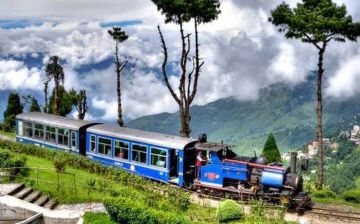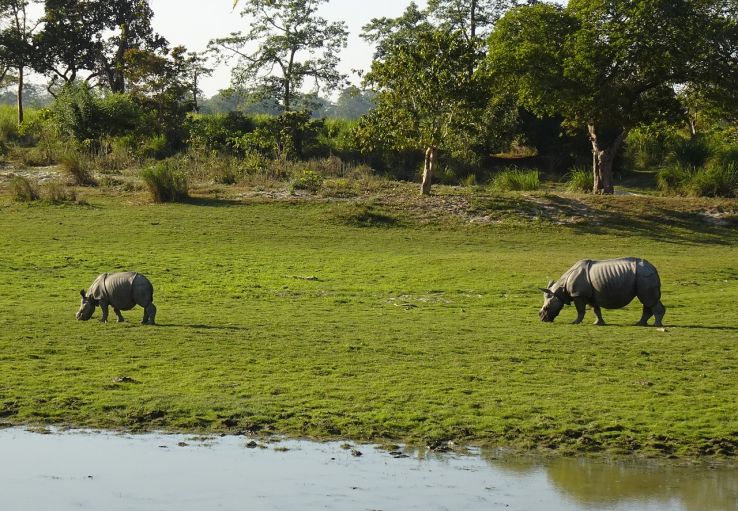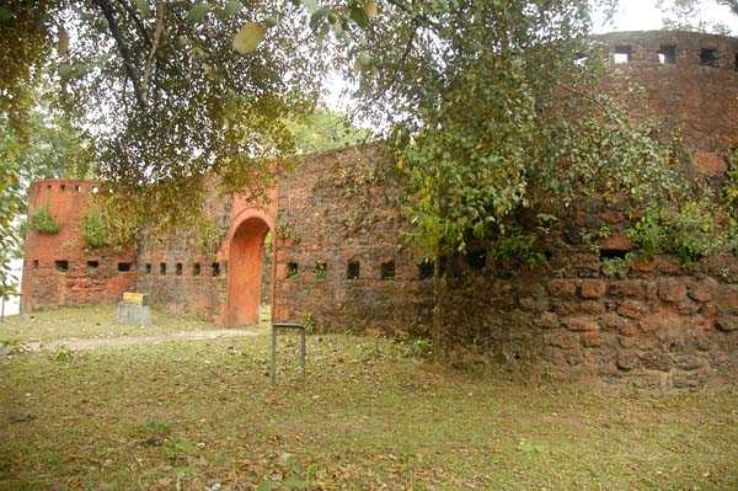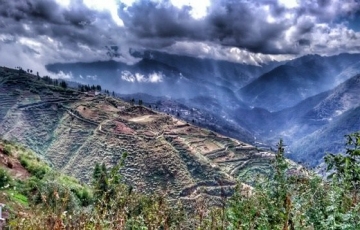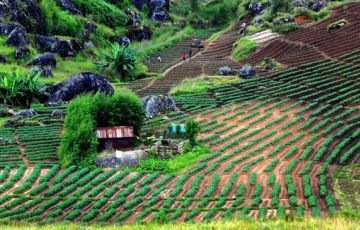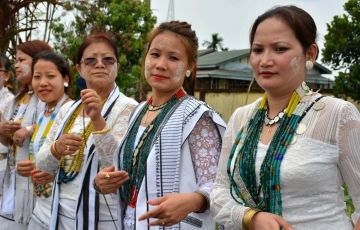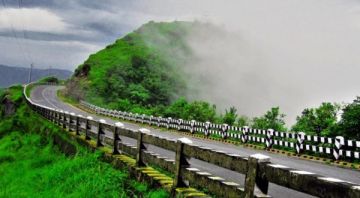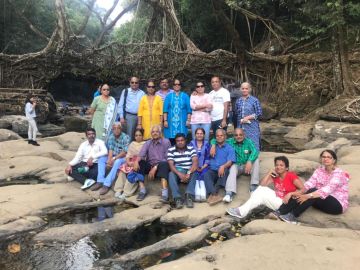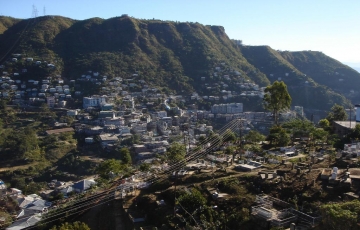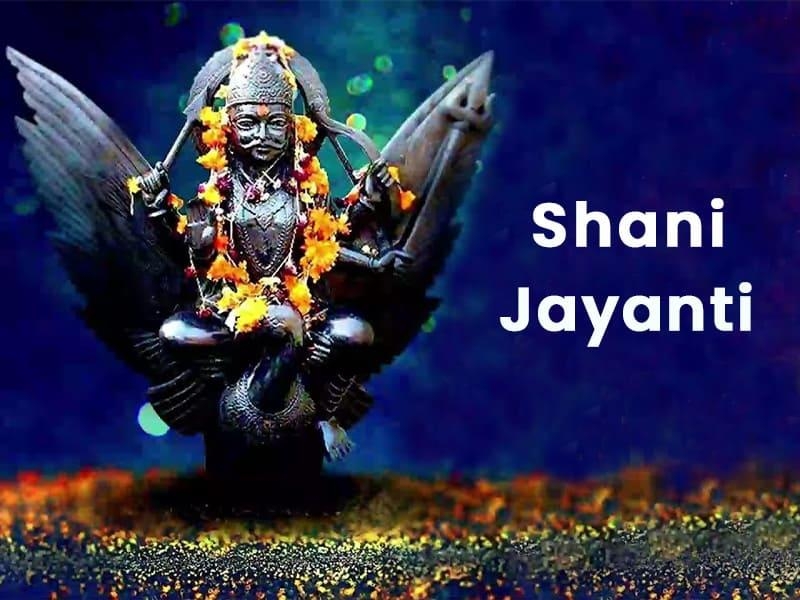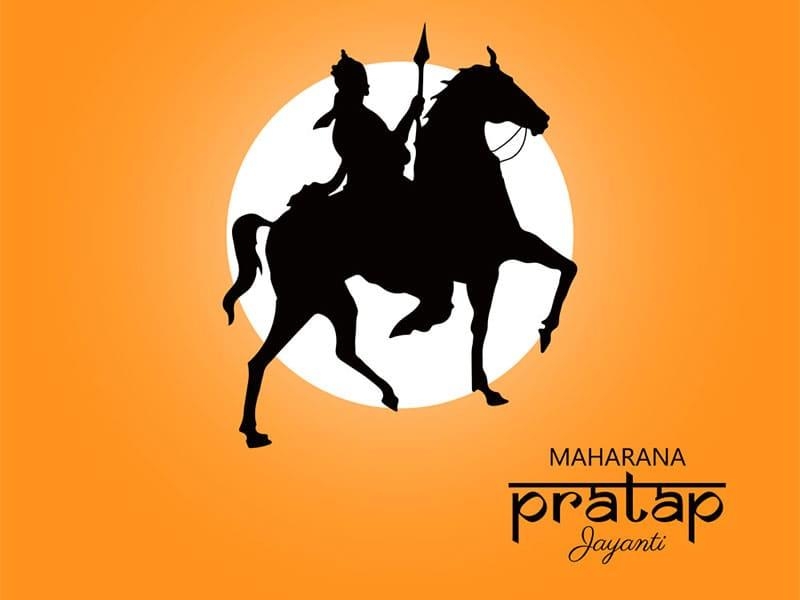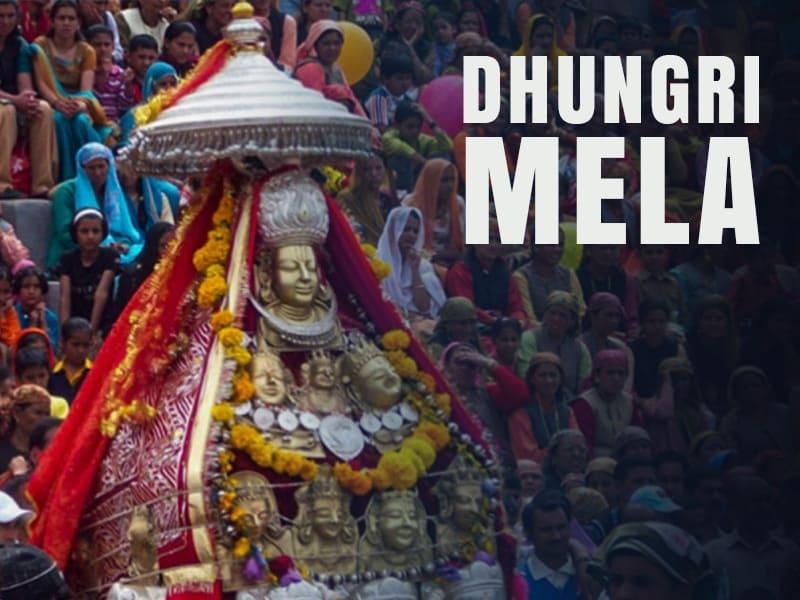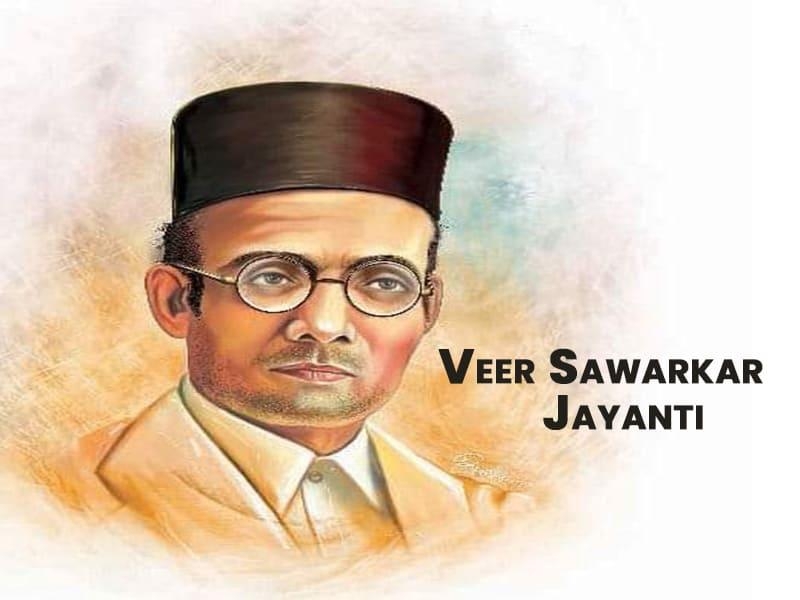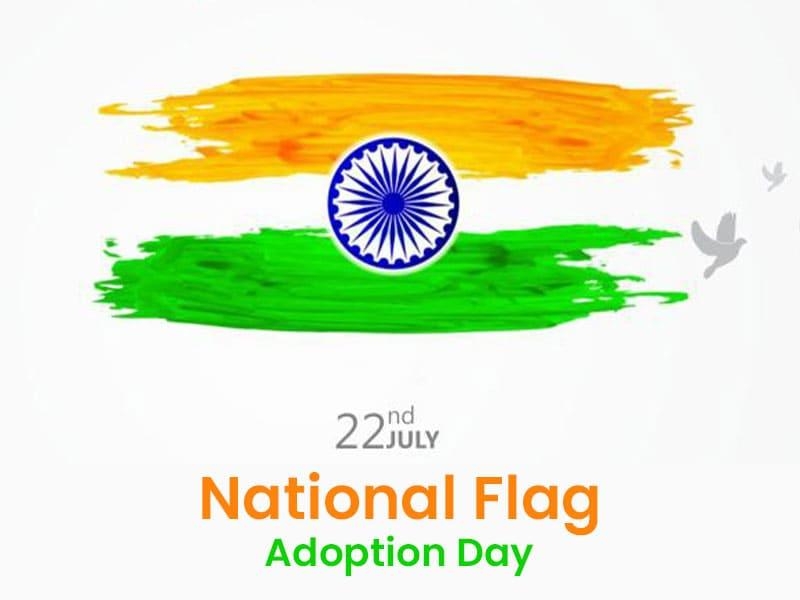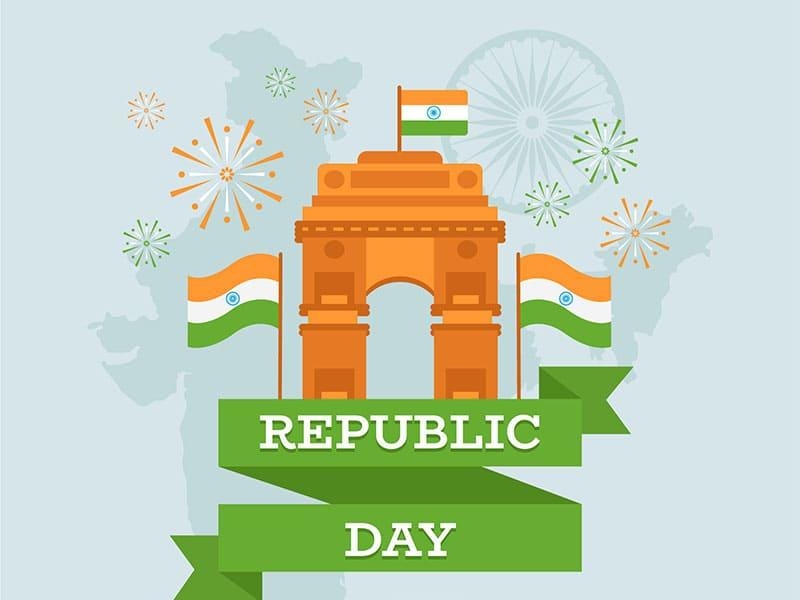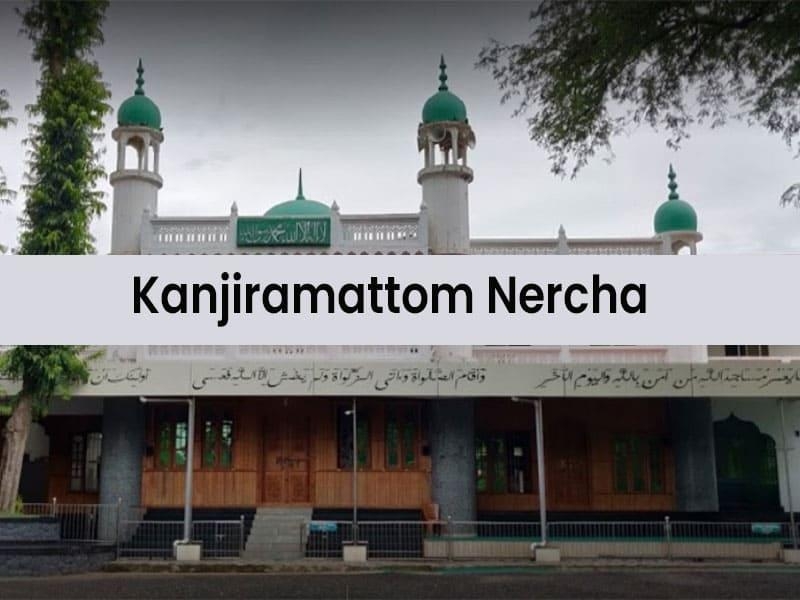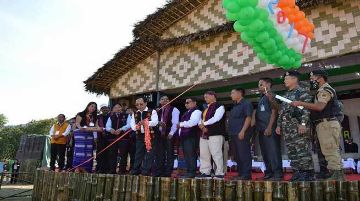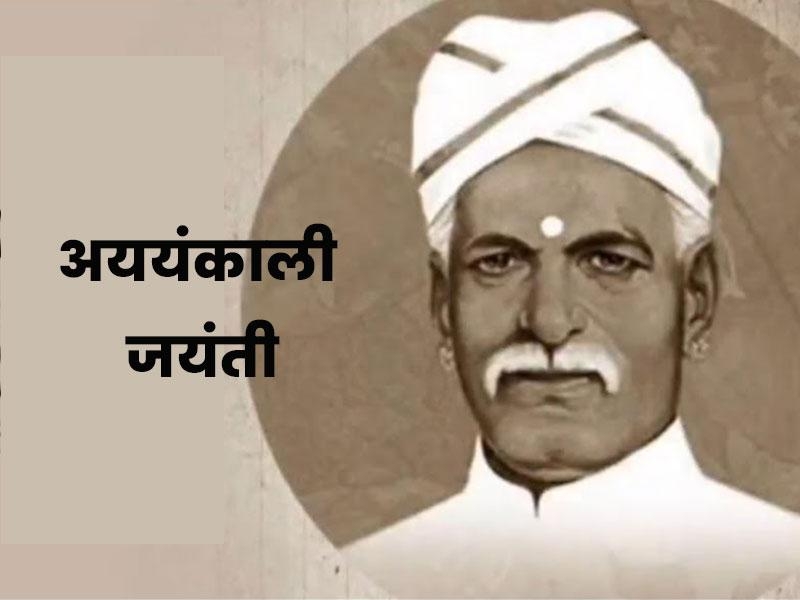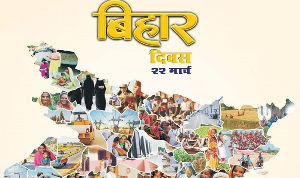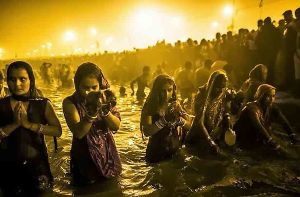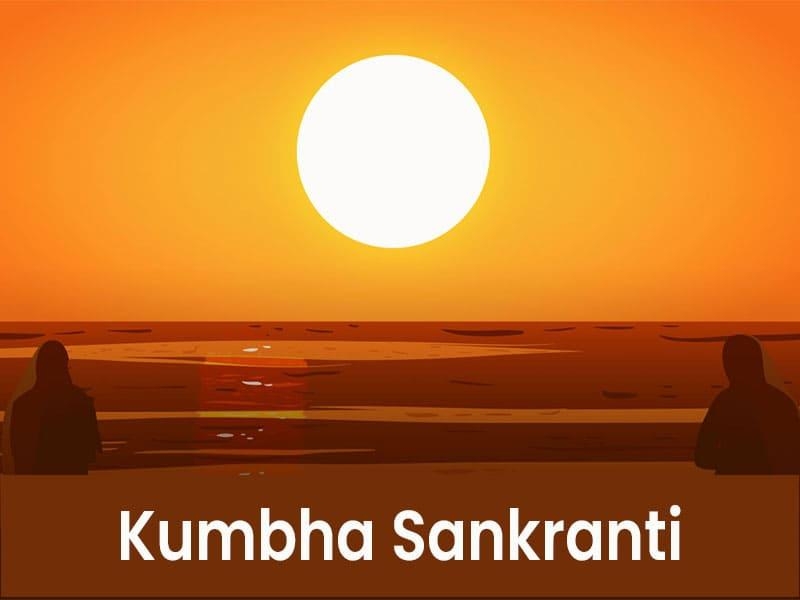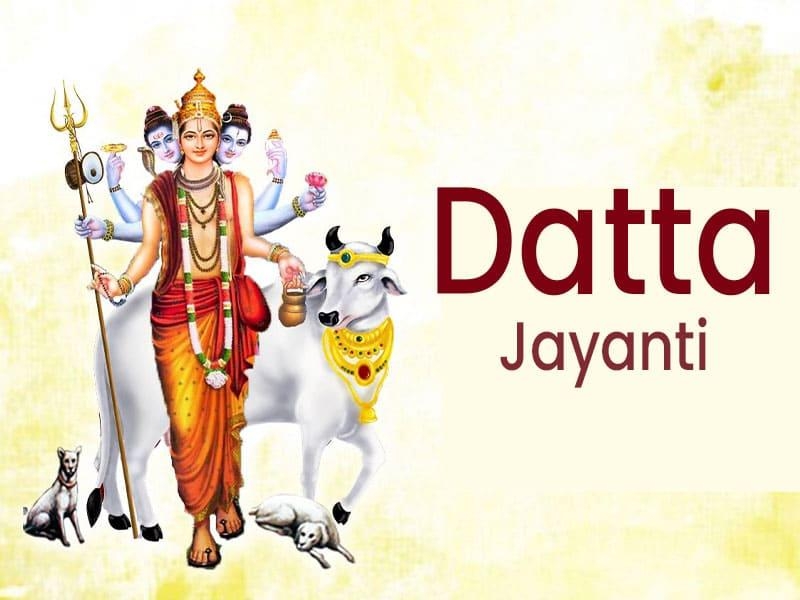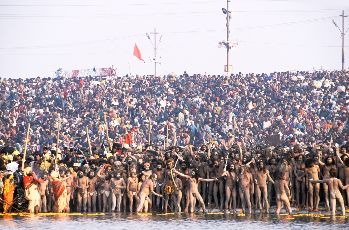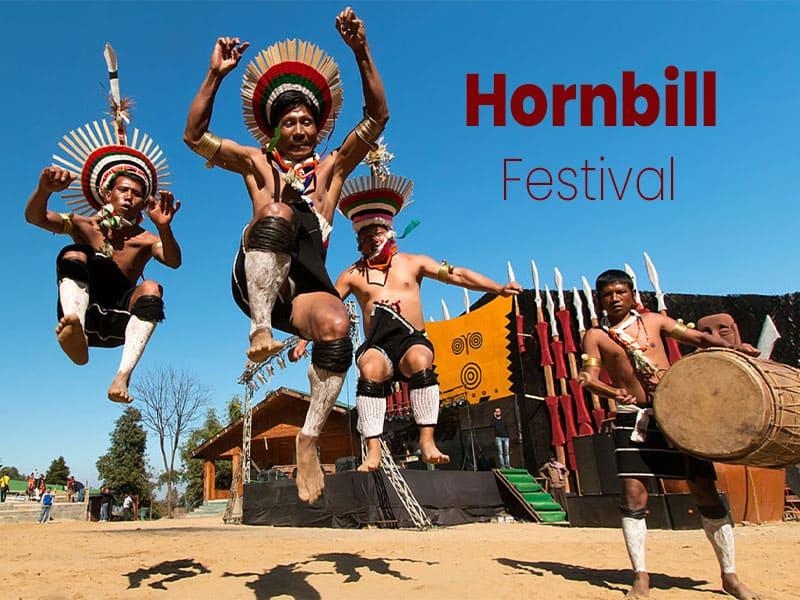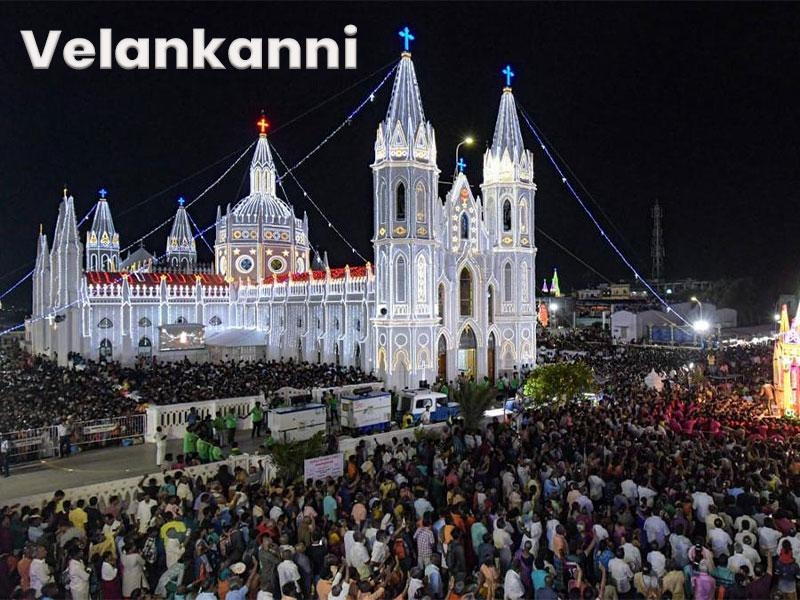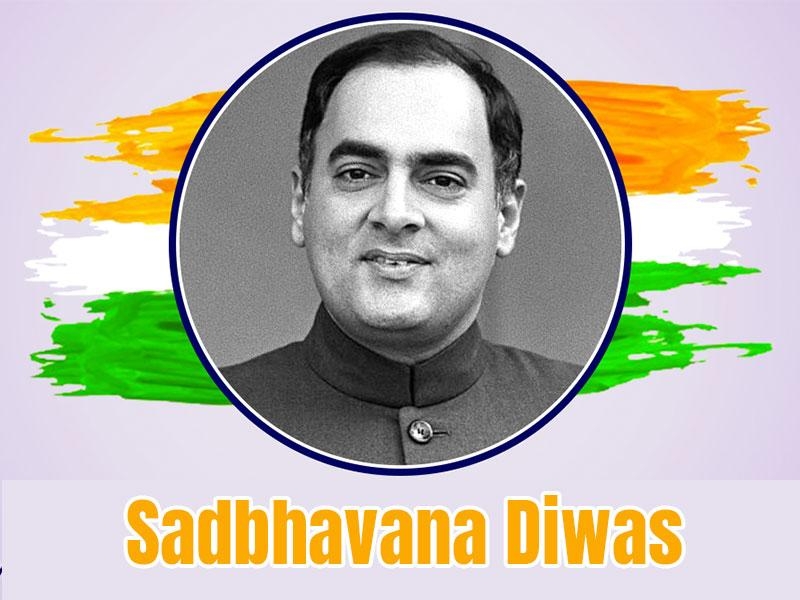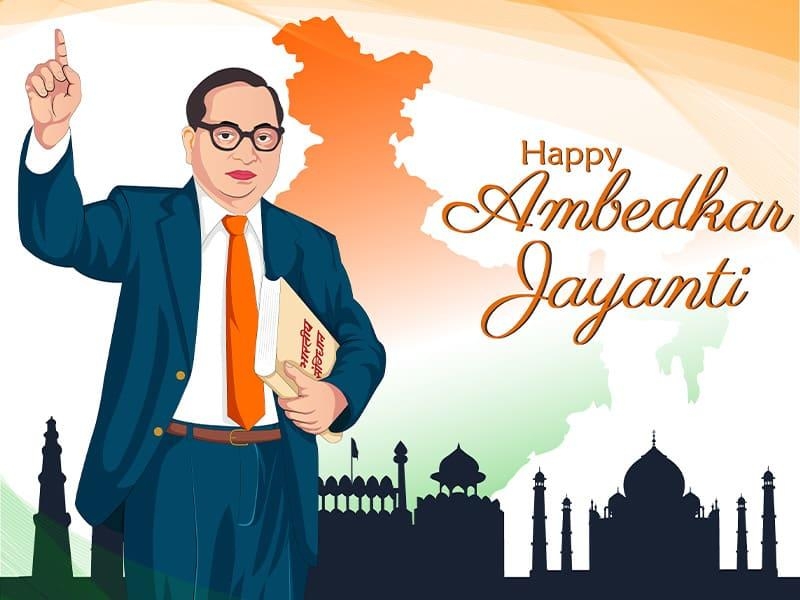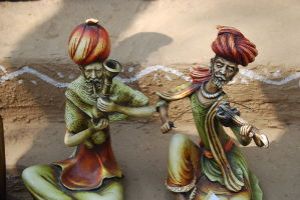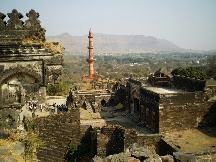- Log in
- +91
- +92
- +93
- +94
- +95
Enter OTP
Please enter the OTP sent on your registered Whastapp phone number
Change Number
Verify via SMS
Enter OTP
Change Number
Resend OTP
Enter OTP
Please enter the OTP sent on your registered email
Change Email
Resend OTP
- Enquiry Form
To City (Destination)
From City
Travel Date
SuMoTuWeThFrSa
27282930123456789101112131415161718192021222324252627282930311234567
Sun
Mon
Tue
Wed
Thu
Fri
Sat
Travel Duration (In Days)
Adult
Child
Infant
Travel With
- Spouse
- Parents
- Friends
- MICE
- Office Friends
- Others
Hotel
- 1 Star
- 2 Star
- 3 Star
- 4 Star
- 5 Star
- 5+ Star
- Unrated
- Guest House
- Service Apartment
Rooms
Type of Trip
- Adventure
- Art
- Backpacking
- Beaches
- Culture
- Desert
- Eco-Friendly
- Family Holidays
- Festivals
- Food
- Hills
- History
- Luxury
- Pilgrimage
- Road Trips
- Romance
- Solo trips
- Trekking
- Wellness
- Wildlife
- Yoga
Total Budget (in INR)
Ticket Booked ?
Ticket Required?
Mode of Transport
- Flight
- Train
- Bus
- Taxi
Ticket Category
- Economy class
- Premium economy class
- Business class
- First class
I will book
Date of Birth
SuMoTuWeThFrSa
123456789101112131415161718192021222324252627282930123456789101112
Gender
- Male
- Female
- Transgender
Marital Status
- Married
- Single
- Widow
- Married with 1 kid
- Married with 2 kids
- Married with 2+ kids
Income (Per Month)
- Below 15K
- 15K - 29K
- 30K - 49K
- 50K - 99K
- 1L - 3L
- 3L - 10L
- 10L+
Nationality
- India
- Afghanistan
- Albania
- Algeria
- American Samoa
- Andorra
- Angola
- Anguilla
- Antarctica
- Antigua and Barbuda
- Argentina
- Armenia
- Australia
- Austria
- Azerbaijan
- Bahamas
- Bahrain
- Bangladesh
- Barbados
- Belarus
- Belgium
- Belize
- Benin
- Bermuda
- Bhutan
- Bolivia
- Bosnia & Herzegovina
- Botswana
- Brazil
- British IndianOcean
- British Virgin Islands
- Brunei
- Bulgaria
- Burkina Faso
- Burundi
- Cambodia
- Cameroon
- Canada
- Cape Verde
- Cayman Islands
- Central African Rep.
- Chad
- Chile
- Christmas Island
- Cocos Islands
- Colombia
- Comoros
- Congo
- Cook Islands
- Costa Rica
- Croatia
- Cuba
- Cyprus
- Czech Republic
- Denmark
- Djibouti
- Dominica
- Dominican Republic
- East Timor
- Ecuador
- Egypt
- El Salvador
- Equatorial Guinea
- Eritrea
- Estonia
- Ethiopia
- Falkland Islands
- Faroe Islands
- Fiji
- Finland
- France
- French Guiana
- French Polynesia
- French SouthernTerr.
- Gabon
- Gambia
- Georgia
- Germany
- Ghana
- Gibraltar
- Greece
- Greenland
- Grenada
- Guadeloupe
- Guam
- Guatemala
- Guinea
- Guinea-Bissau
- Guyana
- Haiti
- Heard & McDonald
- Honduras
- Hong Kong
- Hungary
- Iceland
- Indonesia
- Iran
- Iraq
- Ireland
- Israel
- Italy
- Ivory Coast
- Jamaica
- Japan
- Jordan
- Kazakhstan
- Kenya
- Kiribati
- North Korea
- South Korea
- Kuwait
- Kyrgyzstan
- Laos
- Latvia
- Lebanon
- Lesotho
- Liberia
- Libya
- Liechtenstein
- Lithuania
- Luxembourg
- Macau
- Madagascar
- Malawi
- Malaysia
- Maldives
- Mali
- Malta
- Marshall Islands
- Martinique
- Mauritania
- Mauritius
- Mayotte
- Mexico
- Micronesia
- Moldova
- Monaco
- Mongolia
- Montserrat
- Morocco
- Mozambique
- Myanmar
- Namibia
- Nauru
- Nepal
- Netherlands
- Netherlands Antilles
- New Caledonia
- New Zealand
- Nicaragua
- Niger
- Nigeria
- Niue
- Norfolk Island
- Northern Mariana Isl.
- Norway
- Oman
- Pakistan
- Palau
- Panama
- Papua New Guinea
- Paraguay
- Peru
- Philippines
- Pitcairn Island
- Poland
- Portugal
- Puerto Rico
- Qatar
- Reunion
- Romania
- Russia
- Rwanda
- S.Georgia and S.Sand.
- Saint Kitts & Nevis
- Saint Lucia
- St.Vincent &Gren.
- Samoa
- San Marino
- Sao Tome & Principe
- Saudi Arabia
- Senegal
- Seychelles
- Singapore
- Slovakia
- Slovenia
- Somalia
- South Africa
- Spain
- Sri Lanka
- St. Helena
- St. Pierre & Miquelon
- Sudan
- Suriname
- Svalbard &J.Mayen
- Swaziland
- Sweden
- Switzerland
- Syria
- Taiwan
- Tajikistan
- Tanzania
- Thailand
- Togo
- Tokelau
- Tonga
- Trinidad and Tobago
- Tunisia
- Turkey
- Turkmenistan
- Turks & Caicos Isl.
- Tuvalu
- U.S.Minor Outlying Isl.
- Uganda
- Ukraine
- United Arab Emirates
- United Kingdom
- United States Of America
- Uruguay
- Uzbekistan
- Vanuatu
- Vatican City
- Venezuela
- Vietnam
- Virgin Islands
- Wallis & Futuna Isl.
- Western Sahara
- Yemen
- Yugoslavia (Former)
- Zaire
- Zambia
- Zimbabwe
- China
- Montenegro
- Palestine
- Aruba
- Serbia
- Solomon Islands
- Macedonia
- Africa
- Caribbean
- Europe
- Far East
- Indian Subcontinent
- MiddleEast
- North America
- Pacific/Oceania
- South America
- Guernsey
- Tibet
- Great Britain
Preferred Language
- Hindi
- English
- Marathi
- Bengali
- Punjabi
- Gujarati
- Assamese
- Kannada
- Kashmiri
- Konkani
- Malayalam
- Manipuri
- Nepali
- Oriya
- Sanskrit
- Sindhi
- Tamil
- Telugu
- Urdu
- Bodo
- Santhali
- Maithili
- Dogri
- Other
Total countries visited so far
- Not Yet
- 1-5 International Trips
- 6-10 International Trips
- 10+ International Trips
Do you have a Visa ?
Do you have a Passport?
Preferred Time to Call
- 9:00 AM - 10:00 AM
- 10:00 AM - 11:00 AM
- 11:00 AM - 12:00 PM
- 12:00 PM - 01:00 PM
- 01:00 PM - 02:00 PM
- 02:00 PM - 03:00 PM
- 03:00 PM - 04:00 PM
- 04:00 PM - 05:00 PM
- 05:00 PM - 06:00 PM
- 06:00 PM - 07:00 PM
- 07:00 PM - 08:00 PM
Great! Our travel partners will contact you to tailor the trip and provide you with the best quotes.
We have identified additional inquiries related to your tour. Please review them and let us know if there are any inquiries you would like us to remove.
